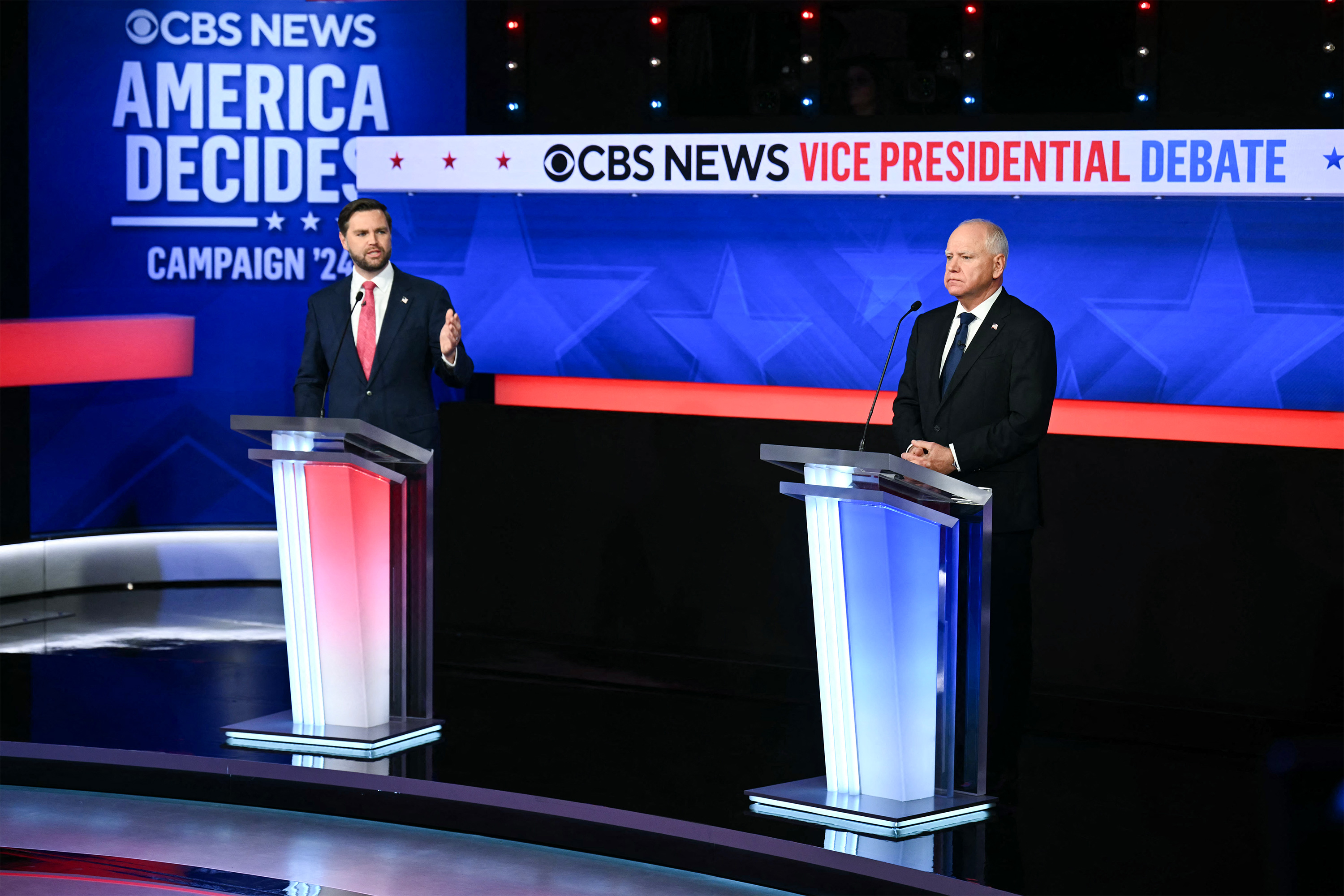KFF Health News and PolitiFact: A Deep Dive into Health Journalism and Fact-Checking
In the ever-evolving landscape of American politics, health care remains a pivotal issue that shapes the lives of millions. As debates heat up and candidates vie for public support, organizations like KFF Health News and PolitiFact play crucial roles in informing the public and ensuring accountability. This article explores the significance of these organizations, their contributions to health journalism, and their role in fact-checking political discourse, particularly in the context of recent debates involving key political figures.
KFF Health News: A Beacon of Health Journalism
KFF Health News, part of the Kaiser Family Foundation (KFF), is a national newsroom dedicated to producing in-depth journalism about health issues. With a mission to provide accurate and comprehensive information, KFF Health News covers a wide range of topics, including health policy, public health, and the implications of legislation on everyday Americans. Their reporting is grounded in research and aims to empower the public with knowledge about health care systems, insurance, and emerging health trends.
In a recent vice presidential debate on October 1, 2024, between Ohio Republican Senator JD Vance and Minnesota Democratic Governor Tim Walz, KFF Health News provided critical analysis of health-related claims made by the candidates. The debate, which was characterized by a cordial atmosphere and substantive policy discussions, highlighted the stark differences in health care perspectives between the two candidates.
PolitiFact: The Guardian of Truth
PolitiFact, a non-profit fact-checking organization, is renowned for its commitment to verifying the accuracy of statements made by public officials and candidates. By scrutinizing claims and providing context, PolitiFact helps to combat misinformation and promote informed discourse. Their partnership with KFF Health News during the recent debate exemplifies the collaborative effort to ensure that health-related assertions are accurately represented.
During the debate, Vance and Walz engaged in discussions about the Affordable Care Act (ACA), abortion rights, and the opioid crisis, among other topics. PolitiFact’s real-time fact-checking provided clarity on the candidates’ statements, allowing viewers to discern fact from fiction.
Key Highlights from the Debate
The Affordable Care Act
One of the most contentious topics was the Affordable Care Act. Senator Vance claimed, “Donald Trump could have destroyed the (Affordable Care Act). Instead, he worked in a bipartisan way to ensure that Americans had access to affordable care.” PolitiFact rated this statement as false, noting that Trump’s administration actively sought to undermine the ACA through various means, including cutting funding for outreach and enabling the sale of non-compliant health plans.
Governor Walz, in response, emphasized the importance of the ACA’s protections for pre-existing conditions, drawing on his experience during its creation. His remarks underscored the significant impact of the ACA on millions of Americans, contrasting sharply with Vance’s portrayal.
Abortion and Reproductive Health
The debate also touched on abortion rights, with Vance asserting that Minnesota law allows doctors to neglect care for infants who survive botched abortions. PolitiFact deemed this claim false, clarifying that Minnesota law mandates appropriate care for all infants born alive, regardless of the circumstances surrounding their birth.
Walz highlighted the tragic case of Amber Thurman, a Georgia woman who died due to delays in care caused by restrictive abortion laws. This poignant example illustrated the real-world consequences of political decisions on women’s health and reproductive rights.
Opioid Crisis and Fentanyl
The candidates also discussed the opioid crisis, with Vance accusing Vice President Kamala Harris of allowing fentanyl to flood communities. PolitiFact rated this claim mostly false, explaining that while fentanyl seizures have increased, the drug’s influx is primarily due to smuggling operations rather than policy failures.
Governor Walz countered with statistics showing a recent decrease in opioid-related deaths, marking a significant moment in the ongoing battle against addiction. His assertion was rated mostly true, reflecting a positive trend in addressing this public health crisis.
The Importance of Fact-Checking in Political Discourse
The collaboration between KFF Health News and PolitiFact during the vice presidential debate underscores the vital role of fact-checking in political discourse. As candidates make bold claims, it is essential for organizations like PolitiFact to provide context and verification, ensuring that voters are equipped with accurate information.
In an era where misinformation can spread rapidly, the work of KFF Health News and PolitiFact is more important than ever. Their commitment to transparency and accountability fosters a more informed electorate, ultimately strengthening democracy.
Conclusion
As the 2024 election cycle unfolds, the intersection of health care and politics will continue to be a focal point for candidates and voters alike. Organizations like KFF Health News and PolitiFact serve as essential resources in this landscape, providing in-depth reporting and rigorous fact-checking. By holding candidates accountable and clarifying complex health issues, they empower the public to make informed decisions that impact their lives and communities. As we move forward, the importance of accurate health journalism and fact-checking will remain paramount in shaping the future of health care policy in America.


